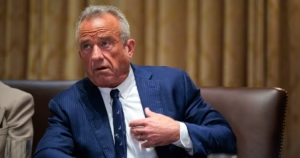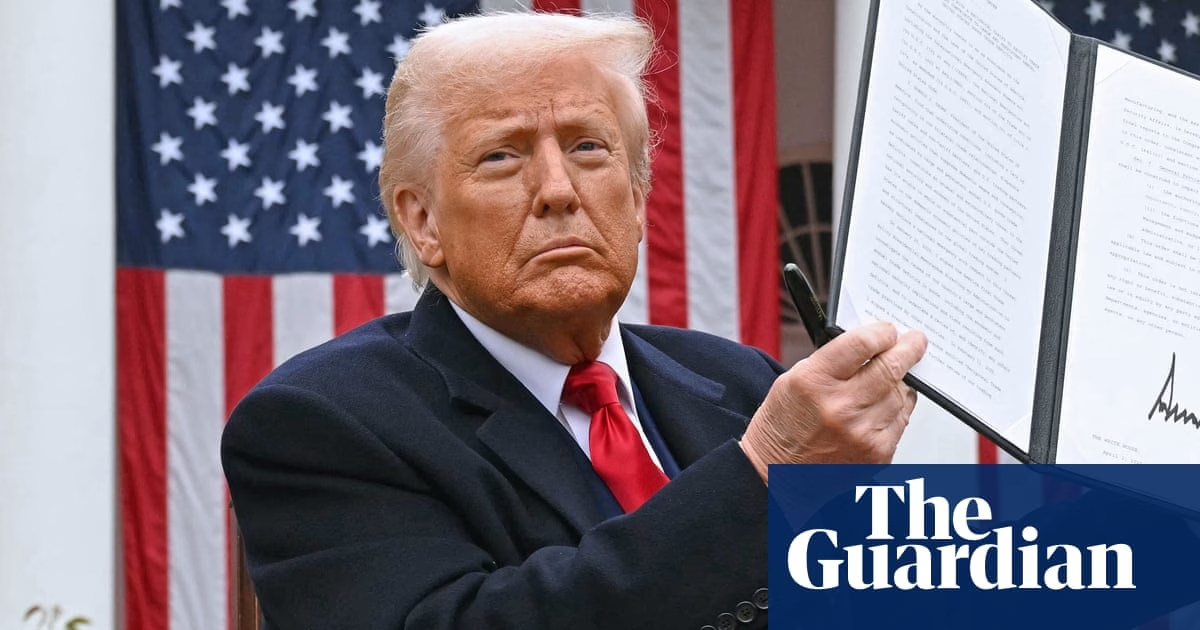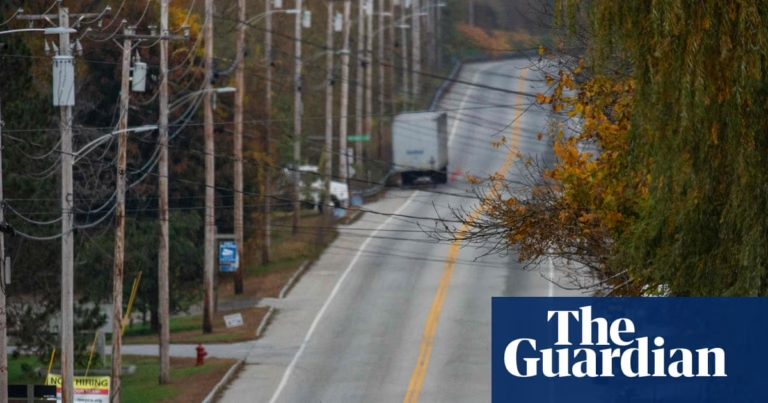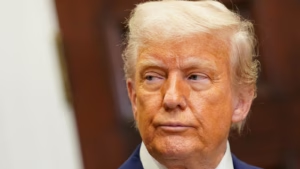Australia will persist in urging Donald Trump’s administration to abandon its tariff regime entirely, following a US court’s decision to block the implementation of the president’s “liberation day” tariffs. The court of international trade in Manhattan ruled that the US Constitution grants Congress the exclusive power to regulate commerce with other countries, asserting that the president’s declaration of an “emergency” to justify such tariffs does not supersede this authority.
The Trump administration swiftly filed an appeal against the ruling. The contested tariff regime imposed a 10% tariff on all Australian imports to the US, with certain products, including steel and aluminum, subject to higher tariff rates, up to 25%. The court decision specifically criticized the imposition of tariffs on Australian territories where no commercial activities exist, such as the Heard and McDonald Islands, criticizing the move as excessively broad and unconstitutional.
The Australian trade minister, Don Farrell, stated that his government will continue to advocate for the complete removal of these tariffs, arguing that they are unjustified and inconsistent with the position of the Albanese Government. He noted that the government will closely monitor any further legal developments and continue to strongly advocate for the lift of these tariffs, emphasizing the commitment to safeguarding Australian jobs and industries.
Critics of the tariff regime, including a coalition of US businesses and several US states, have argued that the tariffs could damage their ability to operate internationally. The lawsuit contended that the International Emergency Economic Powers Act (IEEPA) does not empower the president to impose unilateral and blanket tariffs worldwide. This legal action highlights a broader concern regarding the executive’s power to impose economic measures during national emergencies.
Analysts continue to warn of uncertainty regarding the final outcome of Trump’s tariff regime. The ruling by the US court against the tariffs has been hailed as significant, potentially setting up a Supreme Court showdown. The situation is tense, with the possibility of the administration choosing to disregard the legal ruling, potentially straining US institutions further.
Beyond the immediate dispute, the ruling offers a glimpse into the potential checks on executive authority regarding economic policies. The decision underscores the importance of adhering to constitutional principles and checks and balances in governance, particularly in economic matters.
Source: https://www.theguardian.com/australia-news/2025/may/29/australia-will-keep-pushing-us-to-drop-trump-tariffs-after-court-ruling-trade-minister-says







